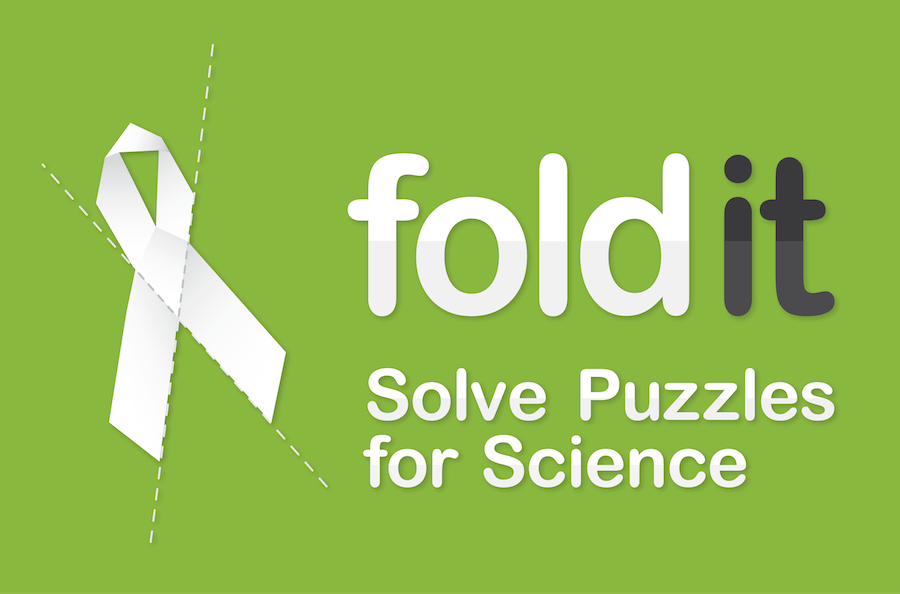
Recently updated puzzle game helps researchers battle aflatoxins
Foldit is a human computation or “citizen science” game, which relies on input from the public to gather information for a certain problem posed by scientists. The game provides an interface for players to fold proteins by moving sections closer or further apart.
Justin Siegel, an assistant professor in biochemistry and molecular medicine in the UC Davis Department of Chemistry and the Genome Center, will be testing the player-designed proteins in his lab in collaboration with Mars Inc. and Thermo Fisher.
“We take the best designs or those that showed activity, then post them back online so the player community can re-refine those structures,” Siegel said.
Seth Cooper, an assistant professor in the College of Computer and Information Science at Northeastern University, stated that crowdsourcing video games is an exciting venture. The problems posed are difficult enough to stump a computer, allowing humans to apply creative solutions.
“A lot of what I work on is related to human computation games,” Cooper said. “They’re video games where we’re trying to channel what players do in the game toward solving real-world problems.”
Siegel, Cooper and their colleagues began working on Foldit in 2007 at the University of Washington, based off the Rosetta@Home screensaver project, which uses spare computing power from volunteers for protein calculation.
“That’s where the motivation from Foldit came in,” Cooper said. “It wasn’t just distributing computing power, but distributed thinking power or problem-solving power of people to try to look at the protein shapes and think about how they might fold and how they might fit together because it’s kind of a 3D jigsaw puzzle in a way.”
The current Foldit project focuses on decreasing the toxicity of aflatoxins, the largest category of fungi that produce toxins, which affects crops like corn and peanuts. Aflatoxin has been found to cause liver cancer and is particularly dangerous in developing countries. The Foldit scientists have hypothesized an enzyme that can battle a part of the aflatoxin structure and need the community’s help to optimize it.
“Aflatoxin is a class 1 carcinogen,” Siegel said. “When you go into the food supply chains in India and Africa — there’s not many studies that have been published, but those that have show pretty consistently that between 90 and 100 percent of the food in those countries is contaminated with aflatoxin, ranging from a few fold above the legal limit in the United States to thousands of folds above the legal limit, approaching acutely toxic levels. It’s not surprising that liver cancer is the number one cause of cancer in those countries because everyone’s eating these toxins all the time.”
Foldit’s unique genre attracts many types of players, like retirees, tech industry workers, gamers, administrative assistants and stay-at-home parents, from their early 20s to 80 years old.
“Theoretically, someone could start not knowing about proteins or not knowing how to play the game and work their way along to where they could compete in the scientific puzzles,” Cooper said. “We tried to make the game as approachable as we could. For example, we tried to make the game not look like a biochemistry textbook, so the protein in the game doesn’t necessarily look like you might see a protein in a textbook.”
The Foldit community has a forum on the website, as well as a live chat system in-game, which connects people from all over the world. Patrick Camarador, a fourth-year pharmaceutical chemistry major, has been a regular Foldit player since May and streams his folding on Twitch weekly. Though he regularly appears on the leaderboards, Camarador didn’t know that Siegel was a Davis professor, and Siegel didn’t know that Camarador was a Davis student.
“I did meet [Dr. Siegel] for the first time for the Foldit aflatoxin launch event in San Francisco on Oct. 16,” Camarador said. “That’s when I met Dr. Siegel and some of the veteran folders who were tuning into my livestream.”
Players can compete solo for a spot on the leaderboards or work together with a group. The collaborative feature of the game is one of its most unique features, as it allows many different voices to help contribute to important scientific questions.
“I think citizen science gives an opportunity for people to explore science that they wouldn’t ordinarily think of,” Camarador said. “They may think, ‘I’m not a scientist, I can’t do anything significant’. But it could be simple to understand if it’s framed a different way. Citizen science is a really cool way of framing science so that more people can get involved and get engaged with it.”
Written By: Jack Carrillo Concordia — science@theaggie.org






